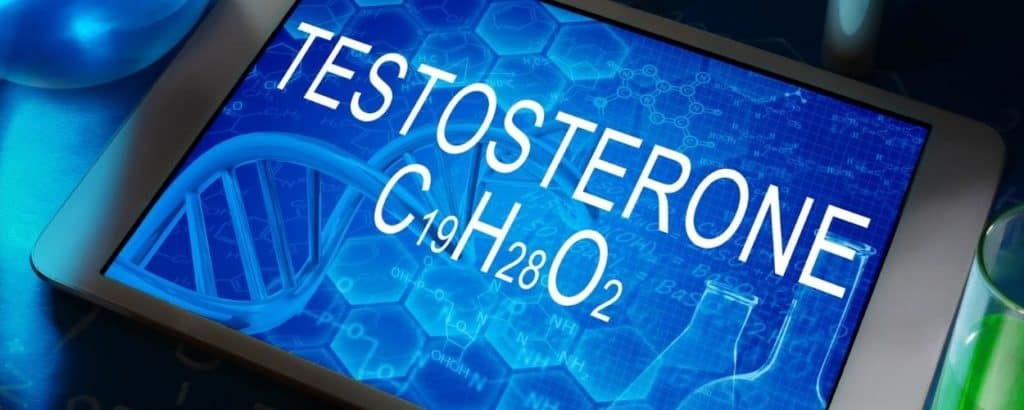
testosterone replacement therapy medical clinic near me
testosterone replacement therapy for men
To determine the effectiveness of different forms of testosterone replacement therapy, studies have been done. These studies yielded a variety of results, some showing that therapy is beneficial and others indicating that it may not. Research has focused on potential benefits of testosterone replacement therapy for treating symptoms such as fatigue, low testosterone and decreased muscle mass. It was also investigated to determine if it could improve cognitive function, decrease the risk of certain illnesses, or even increase longevity. These studies show that testosterone replacement therapy may have some benefits for people with low testosterone levels. It is still being researched to fully understand its potential.
Only 4 Males is open and honest about the risks. We're also fully prepared to describe how we will reduce the likelihood of side effects. This is not a Low T clinic.
Research into the potential long-term effects of testosterone replacement therapy is ongoing, with experts studying the implications of this hormone therapy for extended periods. The effects of this therapy on the body are complex and wide-ranging, and the long-term effects may be both positive and negative. Some studies have suggested that testosterone replacement therapy may benefit bone density, muscle strength, and libido. In contrast, other studies have suggested that it could increase cardiovascular disease and prostate cancer risk. It is important to note that while testosterone replacement therapy has been used for decades, the long-term effects are still not fully understood. Further research is required to understand this therapy's potential risks and benefits so that individuals can make informed decisions about their healthcare.




